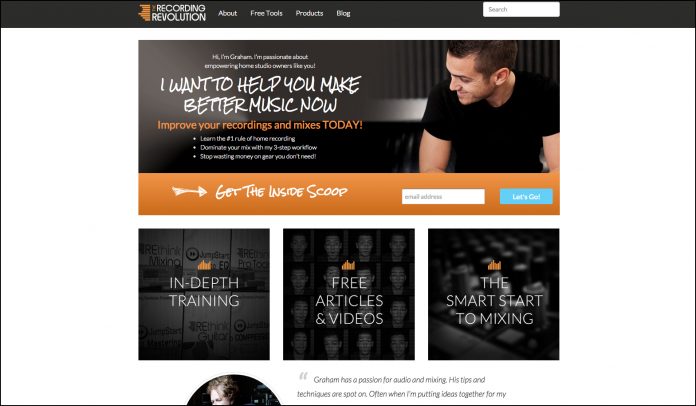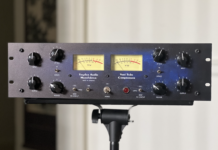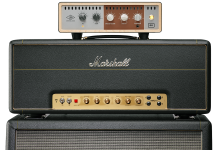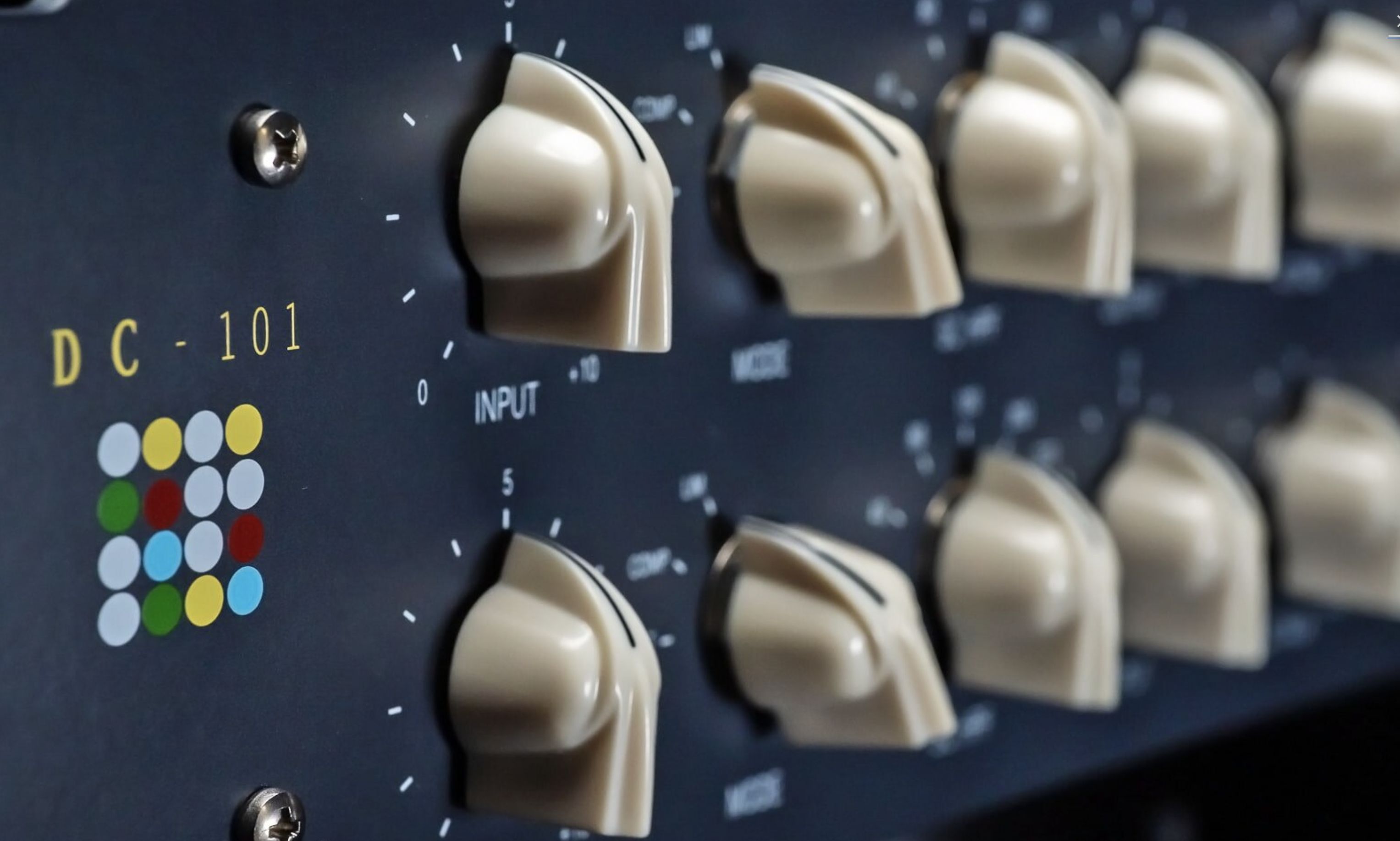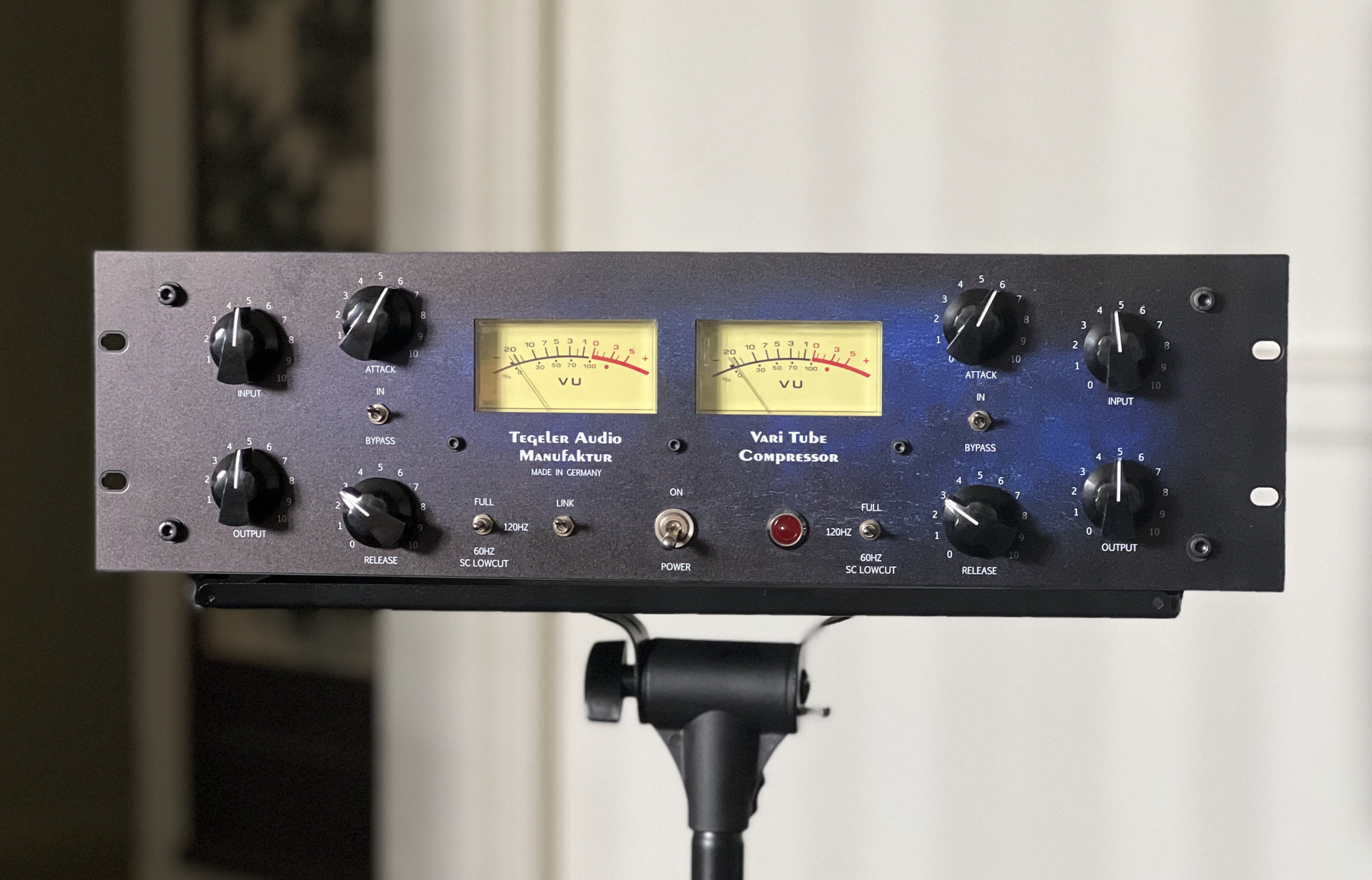I’m not the best at figuring out what to write for tips and tricks for recording, but today we have an actual credible professional writer in our midst. He’s written a book, The #1 Rule of Home Recording, and many videos on the subject of recording. They can be found HERE and he posts regularly on his site, The Recording Revolution. I actually check the site regularly personally for great tricks, especially on Pro Tools. He’s even made it as far as to make it on Avid’s Pro Tools newsletter. Pretty impressive right? No no we all KNOW he’s impressive. I’m talking about me here! How bout these sweet connections I have. Actually, I just emailed him and he found it in his heart to post here for me. So I’m going to let him take the stage now and teach us a valuable lesson that you might even call a Recording New Years Resolution.
Become A Better Engineer By Finishing Projects
If you’re like me, you want to get better at recording and producing music. Most of us truly desire to increase in skill and ability and thereby produce music of high quality. So what do we do to accomplish that end? We buy more “professional” gear, join online recording debates, and watch a lot of tutorial videos on YouTube. The videos hopefully are helping (heck, I hope MY videos are helping you), but the first two are usually a waste of time. I have a better way for you…finish your projects.
Unfinished Business
If you never complete a recording or mixing project it becomes very hard to improve your skill as an engineer. Let me explain. Because of the freedom of time and money afforded us by powerful computer recording we aren’t ever under any real deadlines.Therefore our tendency is to work on projects, never pronounce them complete, and then fiddle with something else. We’ll then come back to the original project and tweak some more. Sessions become a continuous work in progress.
However, if you instead force yourself to do your best with what you have and what you know, print a mix or master and call it a day, then you create a unique opportunity for yourself. You now have something tangible, that you created, that is complete, which you can evaluate and learn from. You can listen back and highlight what you think you did well (and would like to recreate in future projects) and what you did poorly (and how you would like to do things better the next time). This process of evaluation is so critical to growth as an audio engineer. Don’t fool yourself into thinking you will somehow improve without it.
Always Your Best Work
My wife is always hearing what ever projects I’m working as I tend to use her for feedback on mixes a lot. And if you ask her, she’ll attest to the fact that I’m always saying that the most current project I’m working is “my best work yet.” This should be the case! It may not always be, but really if you are completing projects and setting them aside, whether it is your own music or a client’s record, you have something to compare it to. You can look at your history of work and see how you have improved and what specifically has gotten better. This acts as a barometer for your ever improving skill as a producer.
Don’t Plateau
Whatever you do, don’t be “normal.” Normal home studio people buy a bunch of stuff, read a lot of other people’s opinions on forums (or blogs like this one), play around in their DAWs, are either overly confident in their skill or never feel like their stuff will get any good, and then they plateau. They never go anywhere from there! I don’t want that to be you. I want you to give every project all that you have, finish it, and then move on. The next time you produce music, look back at your most recent work and try to improve from where you left off. This, my friends, is the key to becoming a better engineer.



